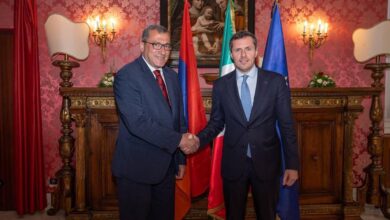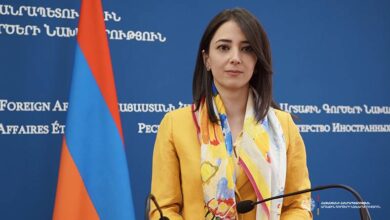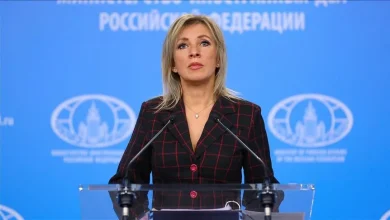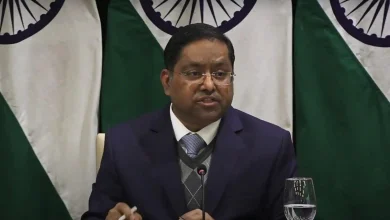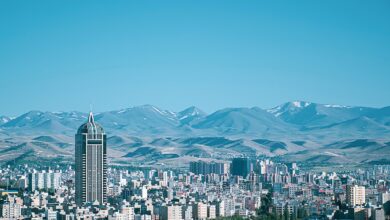EU calls for dialogue between civil societies in Armenia, Azerbaijan
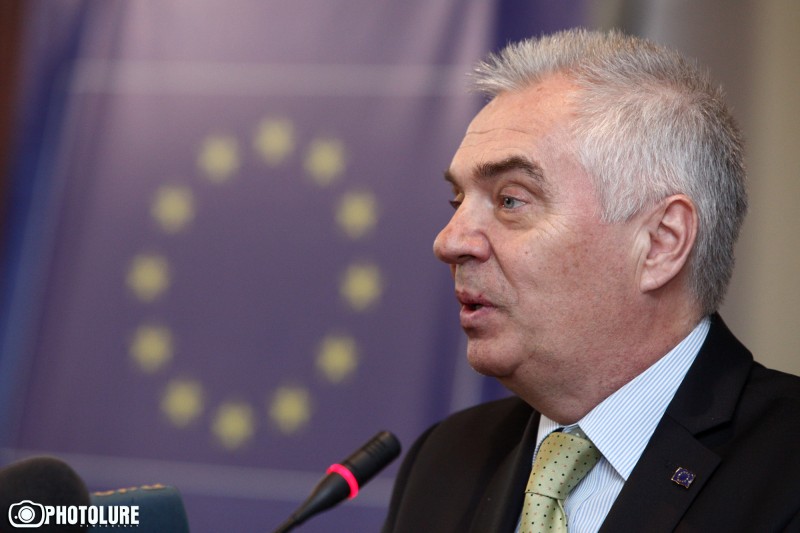

“War is bad for every country,” Head of the EU Delegation to Armenia, Ambassador Piotor Switalski told reporters today. He voiced hope that the region would soon move to a settlement.
“If peace prevails, if we have a settlement, a just and durable settlement of the Karabakh conflict, it will be a big change for Armenia. Let’s hope we’ll be able to avoid military actions and escalation in the future and will see all parties at the negotiating table,” Amb. Switalski said.
“One of the elements of this settlement should be the contacts between civil societies. Armenia and Azerbaijan need direct contacts between civil societies and need to think about future reconciliation,” Switalsky said.
“The European Union is financing contacts between non-governmental organizations on both sides to help build platforms of dialogue. The success of Europe after 1945 is built on the concept of reconciliation,” the Head of the EU delegation said.
“I think Armenians know from their experience that for centuries, if not for millennia, that they can’t rely on any state to help them solve problems. They had to build their own organizations and in particular, Armenians living in Diaspora, knew that in order to preserve their identity, culture, they had to organize themselves. They had to create cultural organizations, schools, everything by themselves. That’s the big different between the Armenian nation and many others. Therefore, I would claim that organizing themselves is a national instinct for Armenians. A lot of problems confronting Armenia can be solved through civic activism, in particular in the regions, in poor districts of Armenia,” Piotor Switalski said.
The Ambassador spoke during public consultation on findings of the capacity buildingneeds assessment of civil society organizations in Armenia. He said the EU-funded “STRONG Civil Society Organizations for Stronger Armenia” project aims to help develop NGOs particularly in distant regions of Armenia.


